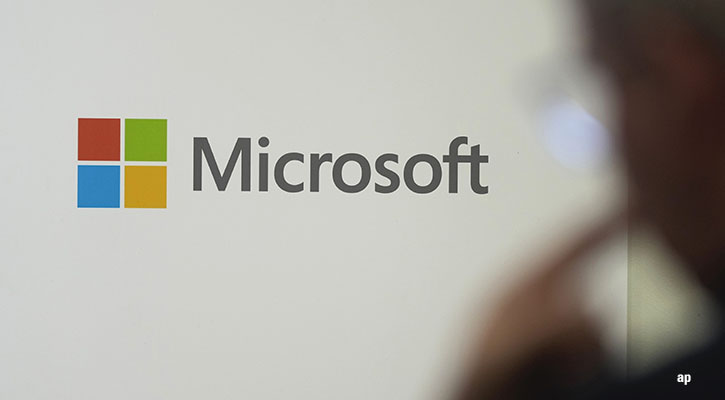The U.S. Food and Drug Administration's announcement that it intends to lower levels of nicotine in cigarettes will not impact the outlook for tobacco companies, according to Morningstar equity analysts. We are fairly sanguine about the impact on tobacco manufacturers' long-term cash flows from and we maintain our wide moat ratings and fair value estimates.

The share price correction brings it more in line with our fair value estimate

Such measures are likely to accelerate the migration of smokers to substitute products, and we expect the large tobacco companies to continue dominating the industry. Although we do not believe the valuation of British American Tobacco (BATS) has been impaired by the high-single-digit amount implied by the market's reaction, we have considered the company as being substantially overvalued for some time, and the correction brings the market price more into line with our fair value estimate.
Some of the manufacturers whose market capitalisation remained more robust in light of this development, including Philip Morris International (PM), remain overvalued, as we think the market has become too bullish on the margin opportunity presented by next-generation products.
We expect the intended measures to curb nicotine to be a multi-year process, and for their impact to take even longer. While some consumers may smoke more frequently to maintain their nicotine intake, we expect the net impact to be negative on industry volumes. Some smokers may be weaned off their nicotine habit and find it easier to quit, and others may turn instead to the range of alternative products now available.
Of those alternatives, we think the heated tobacco category is best positioned to capture the migration of smokers from combustible cigarettes. Within the category, Philip Morris and Altria have stolen a march on their competitors. All of the major tobacco manufacturers have a presence in vaping, a non-tobacco category that has been the primary driver of e-cigarette growth to date.
Tobacco Stocks Look Overvalued at Present
Our objection to current valuations in the tobacco space revolve around the financial impact of this migration to reduced-risk products, and the competitive advantages of being an incumbent in the emerging categories.
The market is giving a valuation premium to those companies with the most exposure to heated tobacco. Philip Morris International, the global category leader, is trading at almost 22 times 2018 earnings; British American, which is playing catch-up and recently launched its heated tobacco product in Japan, trades at 16 times; and Imperial Tobacco (IMB), which has so far abstained from investing in the category, is trading at under 12 times adjusted 2018 earnings.
This unprecedented valuation range seems to imply two things: 1) that the heated tobacco category will generate higher levels of free cash flow than the combustible business, and 2) that most of the benefits will accrue to the first mover. We take issue with both of these implications.
In the most bullish scenario, heated tobacco could generate even higher margins than the 40% margins currently generated in conventional cigarettes. If the sticks realise the same retail price as a pack of cigarettes, and if excise taxes are levied at a more favourable rate than on traditional cigarettes, then a greater proportion of the retail price would flow to the manufacturer's bottom line.
Under these conditions, and at scale, we believe margins would be at least as high as conventional premium cigarettes, but we think this outcome would only occur if governments were willing to facilitate smokers switching to heated tobacco, which in turn would probably only occur in light of independent evidence of reduced risk.
Not Every Tobacco Stock Will Survive
While the market is valuing tobacco manufacturers according to their current exposure to heated tobacco, we see only limited first-mover advantage among the multinational players. Barriers to entry to the tobacco industry are undoubtedly high, and as a tobacco product, heated tobacco will be regulated in most markets under the restrictive production and selling rules that govern the cigarette industry.
Although this will establish too high a barrier for new entrants to gain traction, we think it is entirely possible for cigarette makers such as Imperial to take share. In fact, we think the FDA's announcement on nicotine makes this likely sooner rather than later. Cigarette manufacturers leverage proprietary databases to market directly to adult smokers, and have the research and development budgets to bring a product to the commercialisation stage fairly quickly.
We expect a four-firm heated tobacco oligopoly would reflect the fairly rational competitive dynamics of today's cigarette industry, and we anticipate price competition being largely limited to the devices.




























